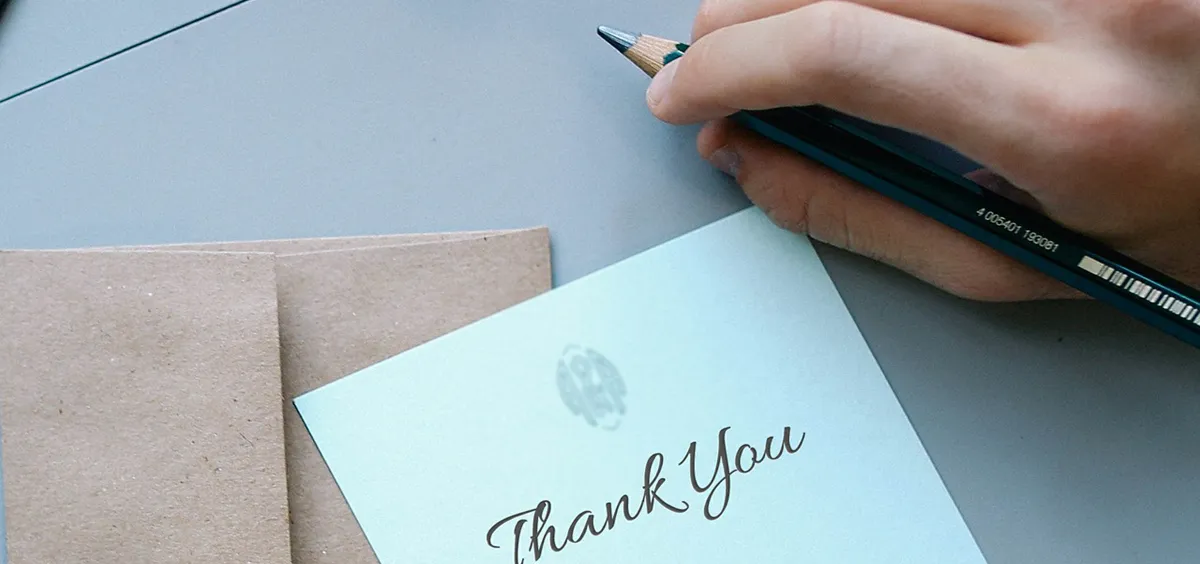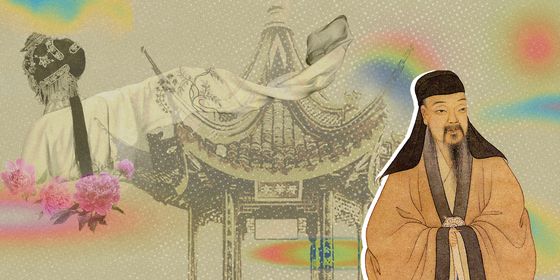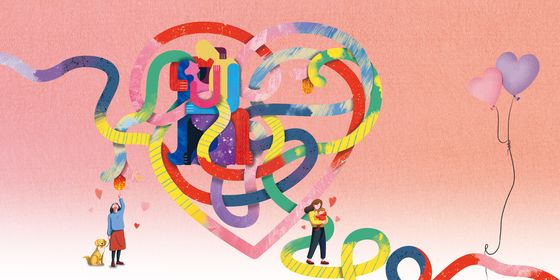Phrases for remembering and repaying debts of gratitude
In the spirit of Thanksgiving, today’s chengyu lesson highlights the timeless value of remembering kindnesses and paying them back.
感恩戴德 A heart overflowing with gratitude
An expression of overpowering gratitude:
He always bears overwhelming gratitude to those who help him.
对帮助过他的人,他一直感恩戴德。
千恩万谢 A thousand gratitudes and ten thousand thanks
Some hide their gratitude in their heart, others express it in words—repeatedly:
He left with the life-saving medicine, saying a thousand thanks.
他拿着救命的药,千恩万谢地离开了。
感激涕零 Be moved to tears of gratitude
When your appreciation is just too strong, words may not be enough. Go on, have a cry.
没齿不忘 Remember until my teeth fall out
Some debts you’ll remember the rest of your life. Or at least until dentures become necessary:
I will remember your great kindness for the rest of my life.
大恩大德,没齿不忘。
镂骨铭肌 Engraved in my bones and imprinted on my skin
This metaphor describes the depth of one’s gratitude; it’s at least skin deep.
一饭之恩 The favor of a meal
It’s not always enough to simply remember favors. One must also repay them: “A favor of drop of water should be repaid with a surging spring (滴水之恩,当涌泉相报).” This was the philopsophy of Han Xin, a military general to Liu Bang, eventual founder of the Han dynasty. As a youth, the future general lost his father and lived in destitution. One day, as Han was fishing, a woman washing clothes nearby took pity on the boy and provided him with a meal. She kept feeding him for weeks to come, in fact, and a grateful Han promised that, if one day he became rich, he would repay her.
Han kept his word—after obtaining the honorary title “King of Chu,” he tracked down his benefactor and gave her a thousand taels of gold. The story was recorded in Sima Qian’s Record of the Grand Historian, and gave birth to a chengyu meaning giving to return a favor in spades.
结草衔环 Knot the grass and champ on the ring
Another chengyu meaning to repay a favor originates from two stories. One, recorded in The Commentary of Zuo, relates to the Spring and Autumn official Wei Wuzi, who instructed his son Wei Ke to allow his favorite concubine to remarry if he died; later, Wei rather cruelly changed his mind and asked his concubine to be killed and buried with him. But Wei Ke made the humane decision to spare the poor concubine’s life and find her a new husband. Years later, Wei Ke was called up to fight. In the middle of a deadly battle, an old man suddenly appeared to defend Wei from enemy soldiers using a grass-woven rope. This fortuitous gent turned out to be the ex-concubine’s father, who had come to repay him—and was apparently a dab hand with the rope.
The other half of the saying comes from Xuqixieji, a collection of mystery and supernatural tales. In one, a 9-year-old boy named Yang Bao finds an injured bird about to be devoured by ants. The boy nurses the bird back to health, and for years afterwards, the bird would fly away in the morning, and come back to sleep at Yang’s home.
One evening as Yang was reading, a boy in yellow appeared holding four jade rings, saying: “I am a messenger of the Queen Mother of the West. When I was traveling to Penglai, I was injured by an owl, but was fortunate to have been saved by you. These four rings will bless your descendants, who will all have high morals and become exalted officials.” And indeed, Yang’s son, grandson, and great-grandson all became famously moral officials (according to the book, at any rate).
Here’s an example of how to use this chengyu:
If you can save my child’s life, I will knot the grass and champ on the ring to repay you.
如果你能救活我的孩子,我必定结草衔环来报答你。












